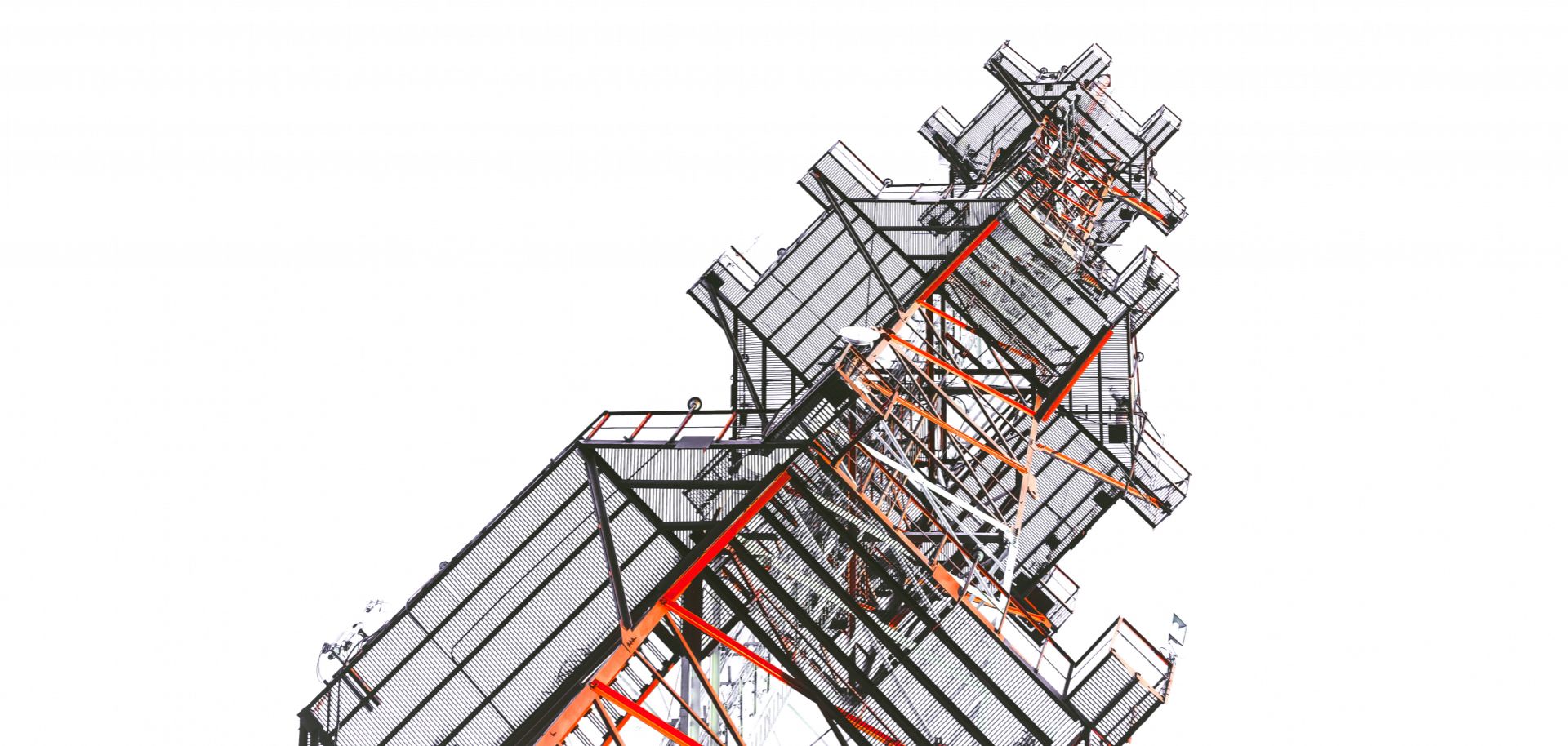COLUMNS
The Age of Splinternet: The Inevitable Fracturing of the Internet

Apr 25, 2019 | 09:00 GMT

The concept of a "splinternet" or the "balkanization of the internet" -- in which rules and regulations would carve the global internet into a series of smaller internets -- has existed for years. But we're now barreling toward a point where concept will become reality.
(STESHENKO/Shutterstock)
Highlights
- The days of a global internet with relative openness are over as regulation and digital borders rapidly increase in the coming years.
- Nationalism and concerns about digital colonization and privacy are driving the "splinternet." Those forces will not reverse, but only accelerate.
- The United States will still back a relatively open internet model, but it has clearly assessed that a global pact to govern cyberspace would tie its own hands in the competition with China.
- A complex labyrinth of different regulations, rules and cybersecurity challenges will rule the internet of tomorrow, which will become increasingly difficult for corporations to navigate.
Subscribe Now
SubscribeAlready have an account?
